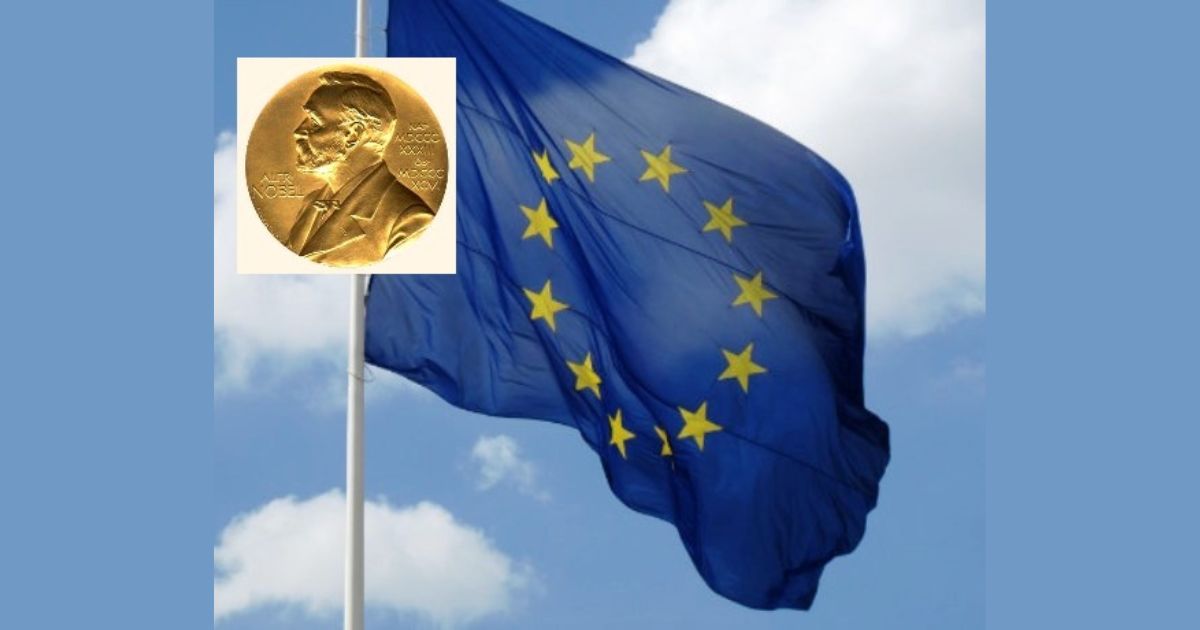Statement by Emma Bonino, Vice President of the Italian Senate and Founder of No peace Without Justice:
“The Nobel Peace Prize awarded to the EU is without doubts an authoritative and prestigious acknowledgement of the European project born from the ashes of two World Wars and a genocide and based on the strength and vision of the assumption “no more wars among us”. This vision has since held true, and for this reason, Europe and in particular its founding fathers, were deserving of the Prize a long time ago.
But my assessment of Europe today, with reference not only to the eurocrisis and its management, but especially to the defence of human rights and the promotion of democracy and the rule of law, is much more sober if not bleak: immigrants and minorities have difficulties enforcing their rights; Europe’s contribution to democracy and peace at our borders – in particular in the South Mediterranean – has been, and continues to be, irrelevant; in many countries at the heart of Europe itself, democracy and the rule of law are challenged and witness the recurrence of nationalism and racism.
The best lesson we can draw from this award is to avoid an avalanche of self-satisfying and complacent reactions and to think of it in terms of an acknowledgement of the past, a warning for the present and an encouragement for the future to improve; to stand up to our responsibilities towards our citizens, to exclude no one, and to re-invent our present and future.
For these reasons, I remain a staunch supporter of a federalist evolution of the European Union, what I prefer to call the United States of Europe, because I am not aware of any other method capable of keeping together a continent of 500 million citizens from 27 countries, with a multitude of languages and cultures, crossed by momentous migratory waves and that, hopefully, can return to being a bulwark against all populist and antidemocratic tendencies.”




